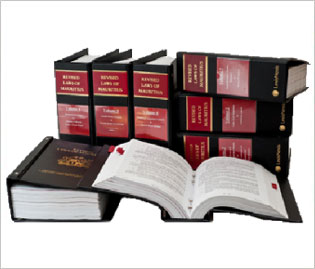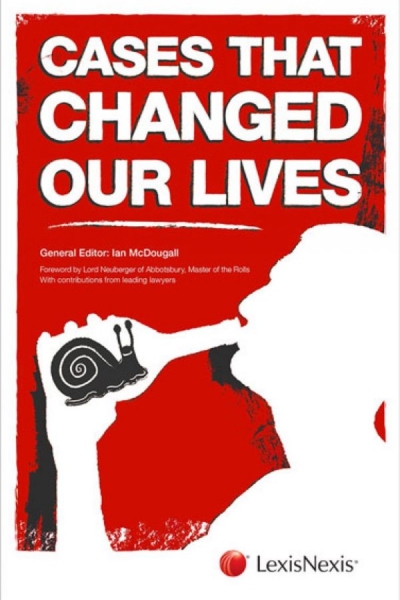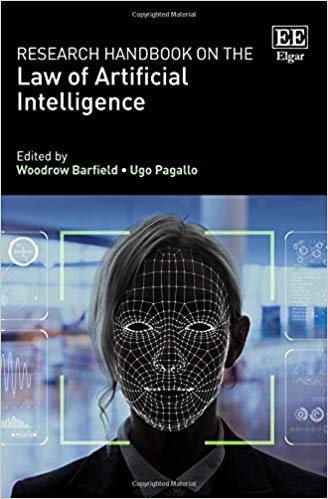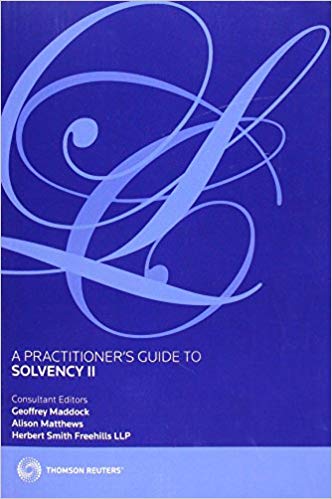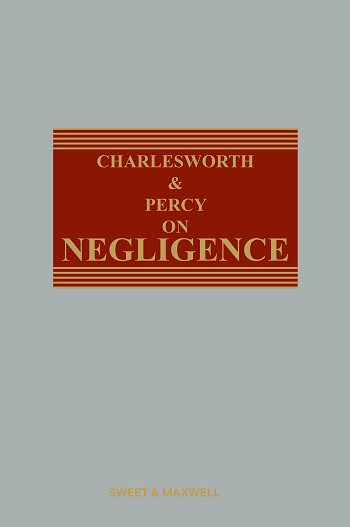Description
Now in its 13th edition, Documentary Evidence is a comprehensive guide to the legal obligations of disclosure. Logically presented and lucidly written, it provides detailed analysis and sensible practical advice. Following a chronological structure, it shows when and how a practitioner should take action in relation to the obligation to disclose. It is a standard work that is often cited in court judgments.
Under the Civil Procedure Rules the parties to an action are encouraged to adopt a “cards-on-the-table” approach toward the exchange of information, not just once litigation has commenced but before as well. It is likely in the early stages that a few documents will be identified as being relevant or key to the matter at hand. These will be used to provide advice as to the merit or not of proceeding with the dispute. If the decision is taken to proceed, the law imposes a requirement to make full and proper disclosure, which is the process whereby the parties to an action disclose to each other all documents in their possession, custody or power relating to matters in question in the action. This title deals with the nature and scope of the obligation to disclose.
Documentary Evidence:
Provides a comprehensive guide to the principles, obligations and protections of disclosure, legal professional privilege and other aspects of evidence in the form of documents
Authored by a renowned QC, provides detailed analysis, practical advice and robust views often derived from cases in which he has been personally involved
Discusses in depth the key principles and problem areas of disclosure, and how to raise, or combat, the available defences against it
Is logically structured by following in chronological order the steps taken in conducting a case, showing the practitioner when and how to take action at each stage
Advises on how to obtain, assess and manage the documents needed and how to identify the key issues
Discusses how practices have changed consequent to the fact that most disclosure is now electronic disclosure and the challenges and opportunities presented by this
Analyses the extent of the powers of regulatory or public bodies to obtain or disclose documents
Discusses how the Civil Procedure Rules have affected the position on disclosure in important respects – from pre-action protocols and powers, to objections to disclosure and inspection, to the practicalities and problem areas of CPR disclosure, to the failure and abuse of disclosure obligations
Sets out the rights of access to documents, including those held by companies, trusts, partners, receivers and agents, as well as access to court documents, and the means by which data can be accessed
Explains fully the multi-faceted nature of legal professional privilege – what rights different types of privilege provide, their breadth and limits, when and how to claim or waive them
Explains the court’s power to exclude documentary evidence
Describes the issues and obligations of confidentiality, including the development of the “collateral undertaking”, or proscriptions against the misuse of information obtained through disclosure, both prior to and under the CPR
Discusses how to deal with international elements of a case, such as witnesses out of the jurisdiction, evidence in the jurisdiction for foreign proceedings, discovery proceedings abroad, documentary orders against foreign entities, the powers of and principles applied to by the English court, the application of foreign law, etc.
Has individual chapters on Witness statements and other written evidence; Expert reports; The Civil Evide

